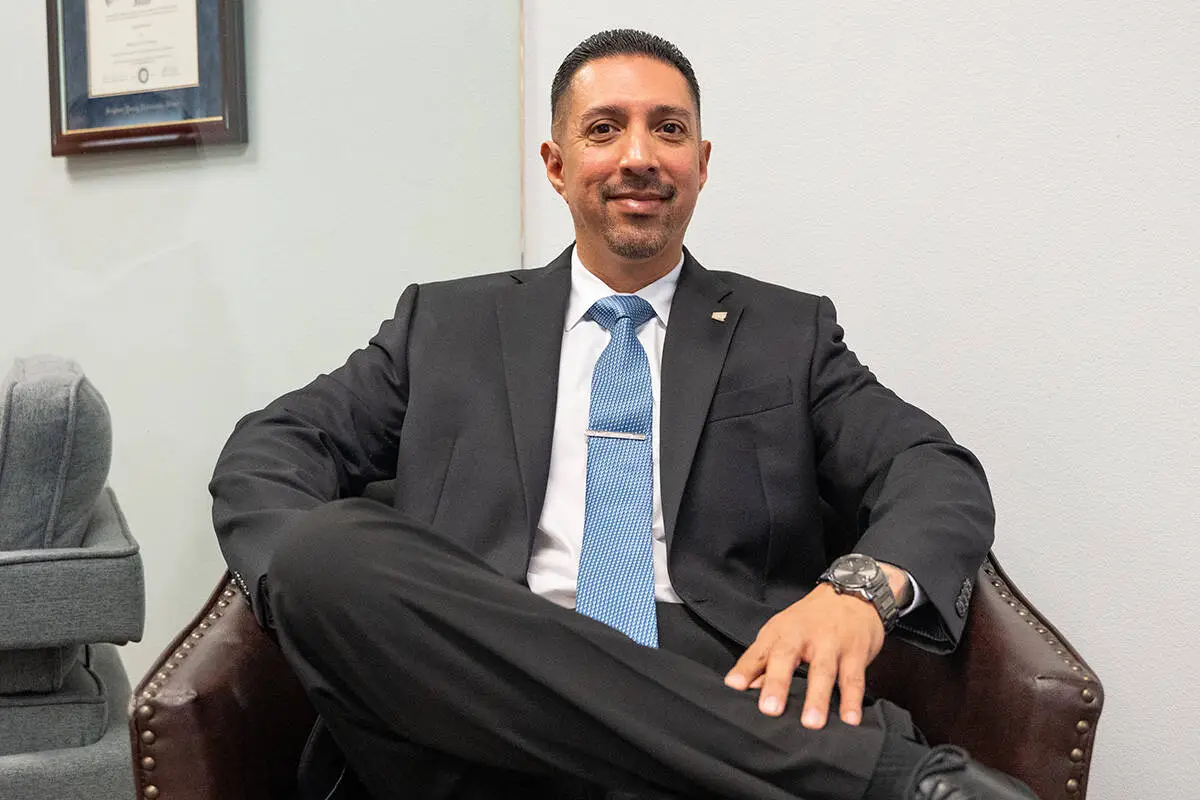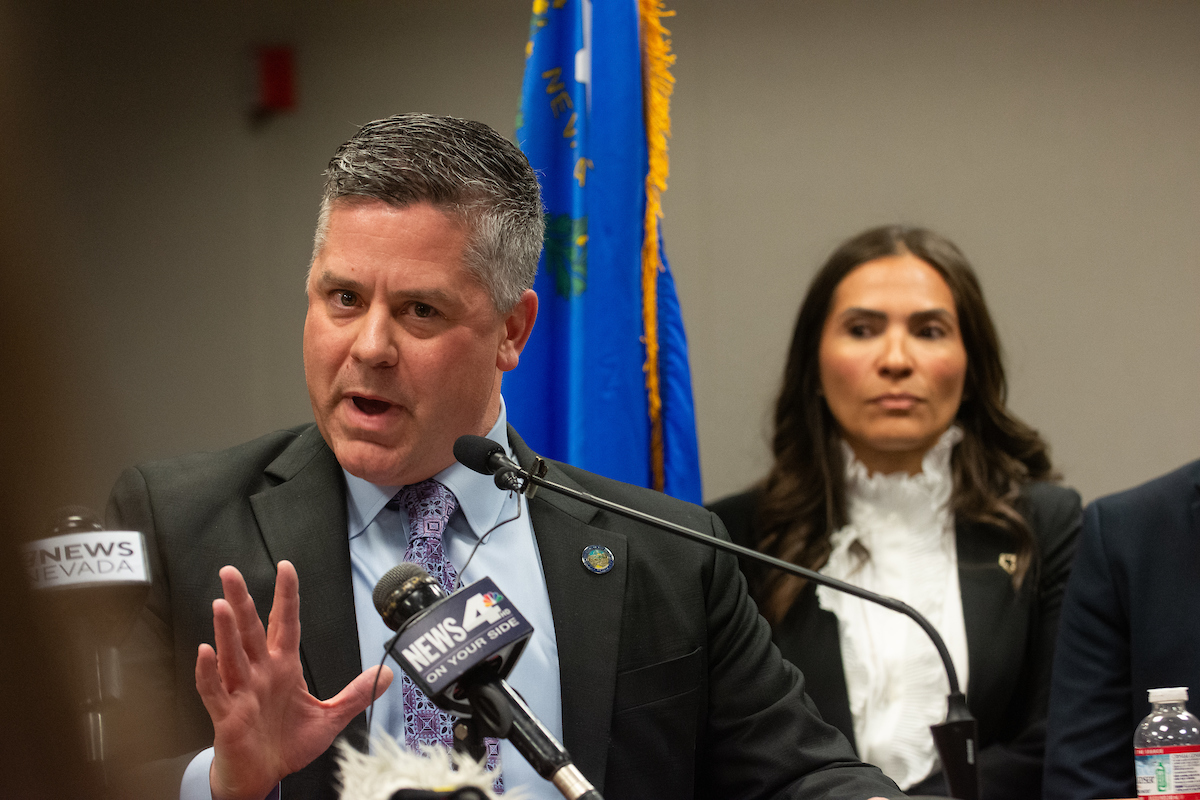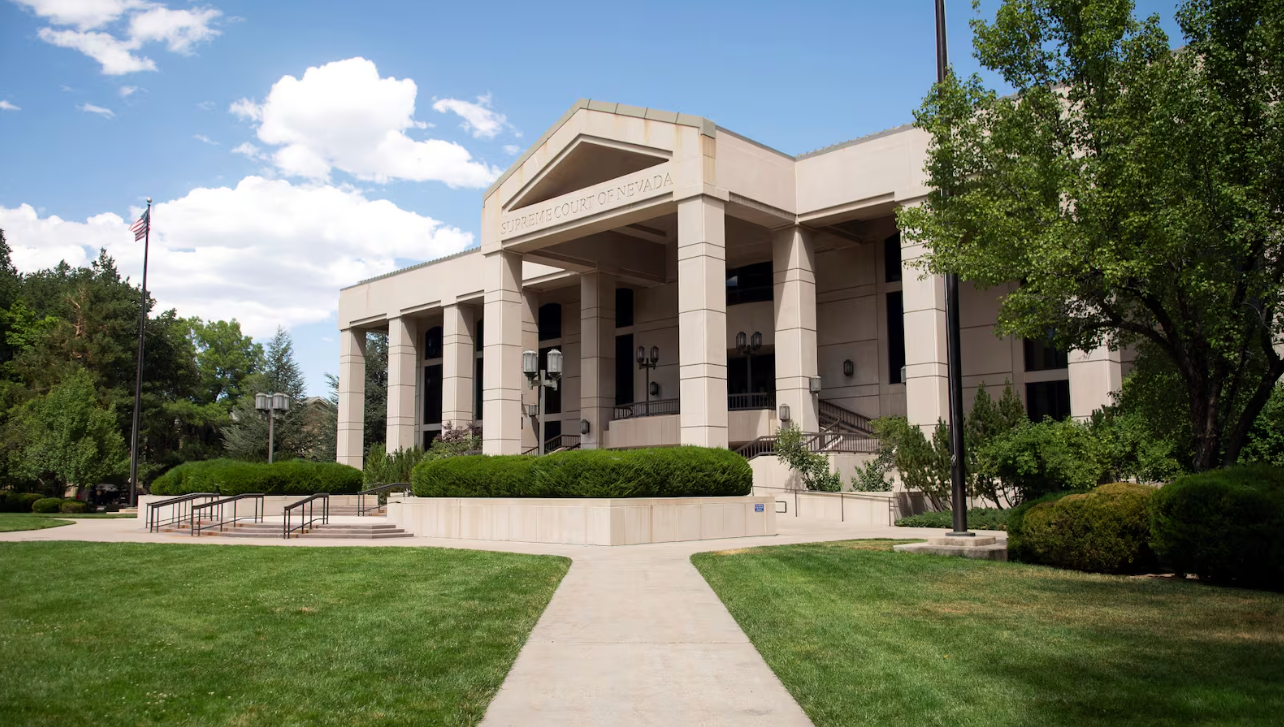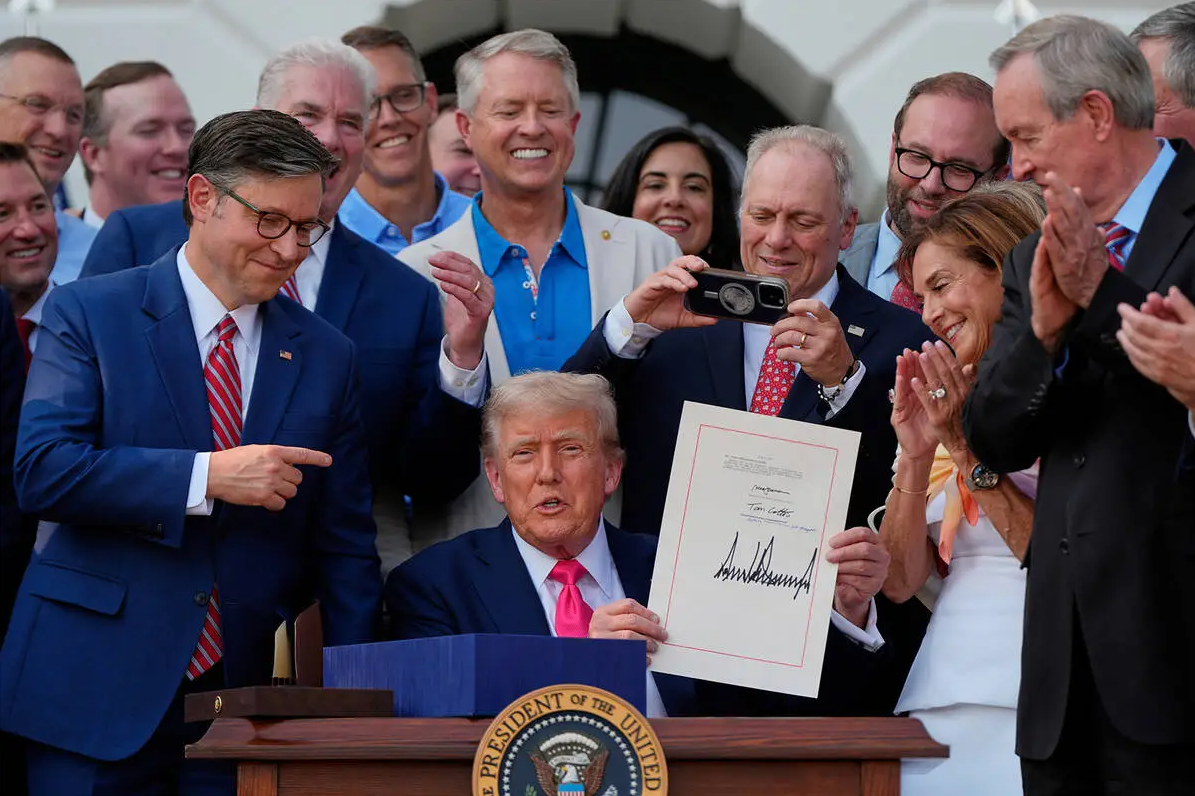Las Vegas man’s advocacy helps eliminate $13 million in prison medical debt for Nevada’s formerly incarcerated

After serving nearly 18 years in Nevada prisons, Frank Macias walked out with just $25 in his pocket and a crushing $7,200 medical debt hanging over his head. His successful fight to change this injustice has now eliminated approximately $13 million in medical debt for thousands of formerly incarcerated Nevadans.
From prisoner to advocate
Macias, 47, was released from the Nevada Department of Corrections expecting to rebuild his life. Instead, he received a letter demanding payment of more than $7,000 in medical debt within 30 days or face collections—a devastating blow for someone trying to start over with virtually nothing.
“I think my anxiety kind of went through the roof because when I received that letter, it was like my heart dropped,” Macias recalled. The debt stemmed from a broken wrist he suffered playing football while incarcerated, an injury that never healed properly due to inadequate medical care.
Working with state Senator Melanie Scheible and organizations including the Fines and Fees Justice Center and Return Strong Nevada, Macias helped champion Senate Bill 88, which Governor Joe Lombardo signed into law on June 10, 2025. The groundbreaking legislation cancels all medical debt inmates incur while in prison upon their release.
A broken system exposed
Before SB88, Nevada’s prison medical debt collection system was both cruel and ineffective. The state spent approximately $6,000 annually trying to collect these debts but recovered only about the same amount—netting just $175 in profit last year while burdening vulnerable individuals with insurmountable financial obligations.
Nick Shepack, Nevada state director of the Fines and Fees Justice Center, testified that formerly incarcerated individuals owed about $13 million in outstanding medical debt collectively. The system trapped people in an impossible situation: required to pay debts they couldn’t afford, leading to damaged credit, additional fees, and barriers to housing and employment.
“These are individuals who are just starting to rebuild their lives, and then one of the first things they receive is a threatening letter from the place that they just left, and the debt just balloons,” Shepack told lawmakers.
Personal struggle highlights systemic failure
Macias’s own medical debt story exemplifies the system’s failures. After breaking his wrist, he was sent to a facility in Ely for treatment. Doctors recommended surgery to properly set the bones, but corrections staff rejected this recommendation, ordering a simple cast instead. The result: a permanently damaged wrist requiring future surgery and nearly $8,000 in debt for inadequate care.
Before his release, the prison took 85% of Macias’s saved funds—reducing his $400 nest egg to just $25. Despite finding employment at a law firm, his criminal record and damaged credit from the medical debt prevented him from renting an apartment, forcing him to rely on family support.
“I know many individuals in prison that don’t have a single soul to help them,” Macias emphasized, highlighting how fortunate he was compared to others facing similar challenges.
Bipartisan recognition of reform necessity
The legislation passed with strong bipartisan support—unanimously in the Assembly with three members excused, and along party lines in the Senate. Even James Dzurenda, director of the Nevada Department of Corrections, acknowledged the current system undermined rehabilitation efforts.
“I do believe that something like this will help me to complete my mission with the agency,” Dzurenda told lawmakers, noting that medical debt increases recidivism risk by hindering successful reintegration.
How the new system works
Under the new law, the Department of Corrections no longer pursues medical debt collection when inmates are released. However, if someone returns to prison on new charges, their previous debt may be reinstated. The reform ensures physicians continue being paid through existing funding mechanisms without impacting the department’s revenue.
The number affected varies monthly—85 inmates were assigned medical debt in May 2025, while 112 faced such charges in July. These debts typically result from treatments for self-inflicted injuries, injuries to other inmates, or accidents during voluntary activities like sports.
Continuing challenges
Despite the victory, advocates like Jodi Hocking, founder of Return Strong, note ongoing issues. Reports suggest the Department of Corrections may be collecting as much money as possible from inmate accounts before release, potentially circumventing the law’s intent.
“It looks like what’s happening is they’re trying to collect as much money as possible while they’re still in prison because they won’t be able to collect it when they come out,” Hocking observed. “I don’t think that was the intent of that bill.”
From mistakes to meaningful change
Macias’s journey from corporate tax adviser to prisoner to paralegal and advocate illustrates both the human capacity for redemption and the importance of removing barriers to successful reintegration. During his incarceration, he earned his paralegal license, mentored other inmates, and became instrumental in prison reform efforts.
“We all make mistakes,” Macias reflected. “That was one of my biggest mistakes in my life. But everything had to happen for a very specific reason, for a very specific purpose, because had that not happened, God knows where I would have been. I’m here now, just by God’s good grace.”
Broader implications for criminal justice reform
The passage of SB88 represents more than debt relief—it signals Nevada’s recognition that successful reintegration requires removing financial barriers that trap formerly incarcerated individuals in cycles of poverty and recidivism.
“It’s not about absolving them from their responsibilities,” Hocking explained. “It’s that if we’re choosing prison and incarceration as the way to solve social problems, then they shouldn’t be independently paying for it.”
For Macias, who hopes to use his legal career to help others navigate similar challenges, the law represents both personal vindication and systemic progress. His advocacy demonstrates how those most affected by unjust policies can become powerful agents of change.
“There’s no reinforcing structure to help ease people back into society, to help them slowly reintegrate,” Macias said. “It’s just, ‘hey, there’s the door. This is what you owe us.'” Thanks to his efforts and those of his allies, that message has finally changed for Nevada’s formerly incarcerated population.
Category: Politics
Subcategory: Criminal Justice Reform
Date: 08/12/2025




